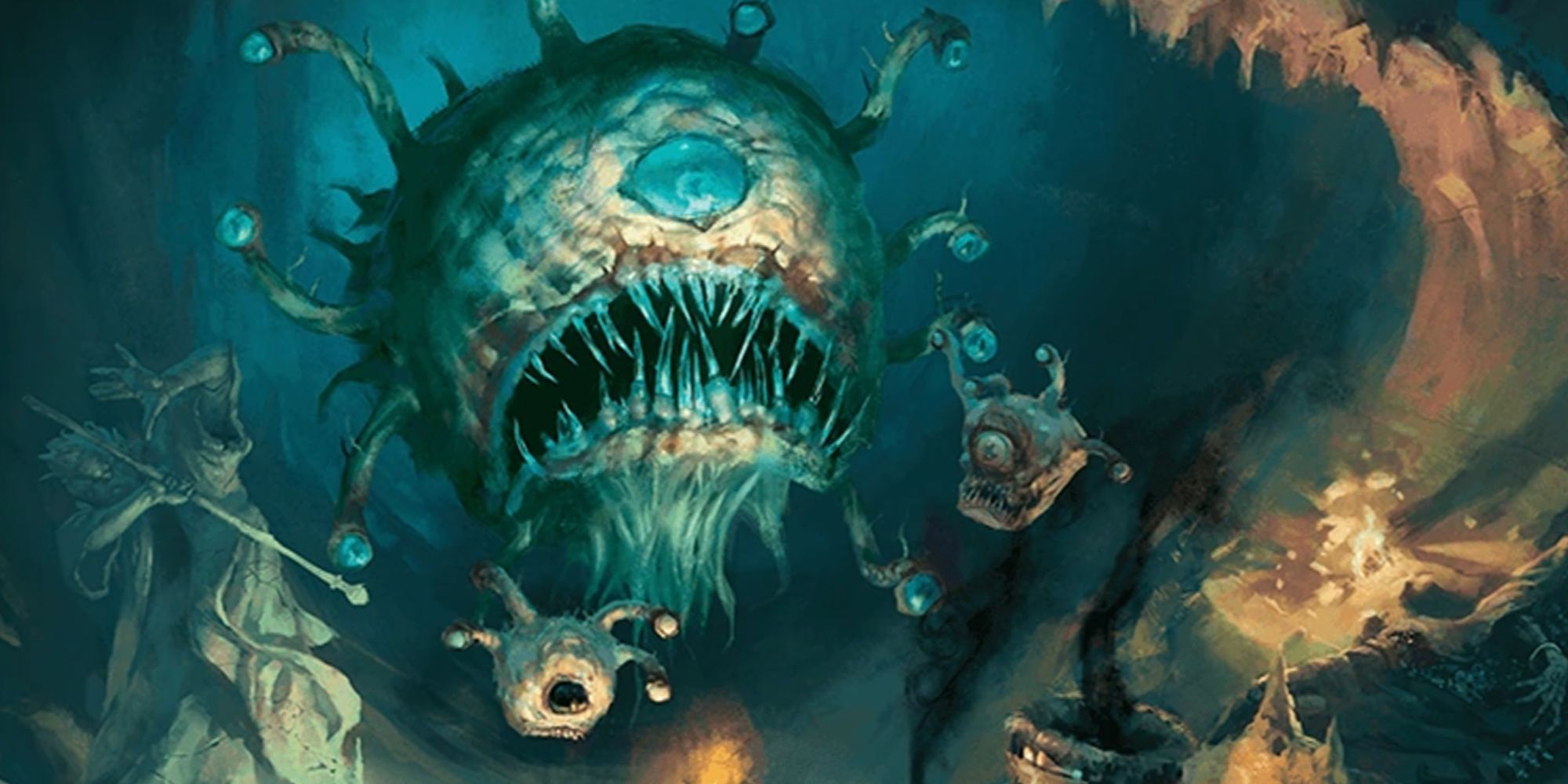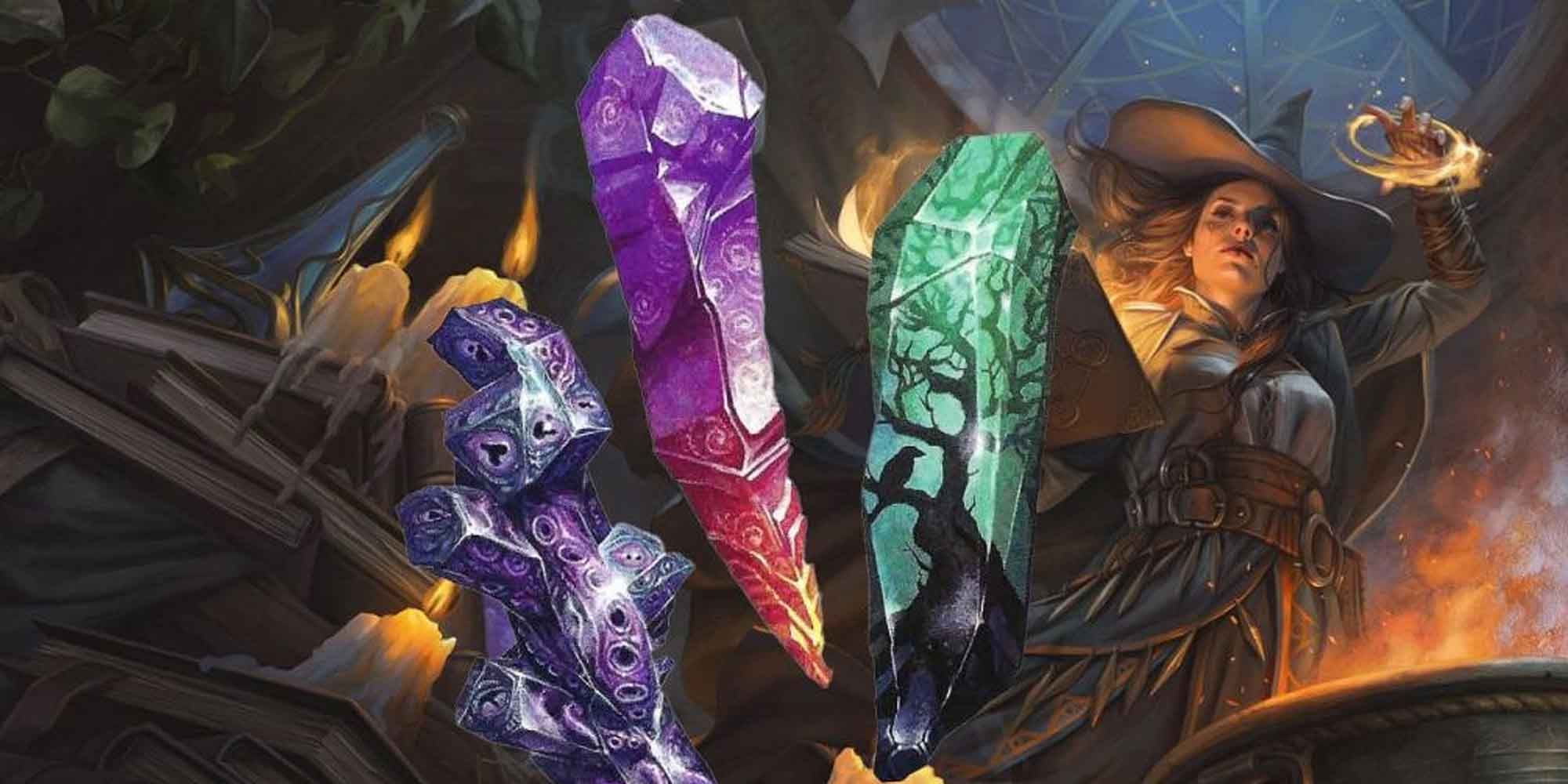The player characters won't always succeed in Dungeons & Dragons. If they did, there would be no need to roll dice! However, failing a die roll at a critical time can demoralize the players or even derail the story, neither of which are things that you want as a DM.
One of the best things that you can do for your table is to start seeing failed rolls as an opportunity to increase the tension in the story, rather than a setback to be avoided. Try letting your players "fail forward," and your campaign will be better for it.
How To Fail Forward
The heroes in a D&D campaign are usually the best at what they do; from Fighters and Barbarians who wrestle owlbears as a warm-up to Rogues and Rangers who can vanish without a trace, these are characters who know what they're doing. Players build their characters to excel, so it can be jarring when the adventurers occasionally fail a Skill Check that should have been a sure thing.
Failing forward works on the idea that a failed roll doesn't come from a lack of ability on the part of the character, but rather because a new complication was added to the situation that interrupted or prevented them from succeeding. For example:
- A musclebound Barbarian tries to kick down a flimsy wooden door, only to discover that the door is actually a mimic.
- The party's Bard makes an impassioned speech before the duke, only for the noble to suffer a heart attack midway through, throwing the court into disarray.
- A Rogue opens a safe that's supposed to contain a valuable artifact, only to find it empty save for a taunting note from her rival.
- A Wizard discovers the hard way that the incantation they memorized from an ancient scroll was mistranslated when it was first set down centuries before.
In these situations, the player characters did everything right, but were foiled by something beyond their control or knowledge. In every case, the new situation provides an extra encounter, side quest, or storyline.
Thinking On Your Feet
Since it's not possible to account for everything the players might try over the course of a campaign and how you'll handle a failed roll in each situation, failing forward requires a good amount of improvisation. When in doubt, consider how one of the following statements could apply to the failed roll:
- The task was interrupted or delayed.
- The task was actually impossible.
- The character was set up to fail by an enemy.
- The character was acting on bad information.
- A necessary item for the task breaks or goes missing.
However the scenario plays out, the PCs will need to resolve the new situation before they can continue forward. Often, the change in circumstances will open up a new path so that the heroes can move on in spite of the setback. Once you've done this a few times, your players will never know whether a shocking twist was planned or improvised!



